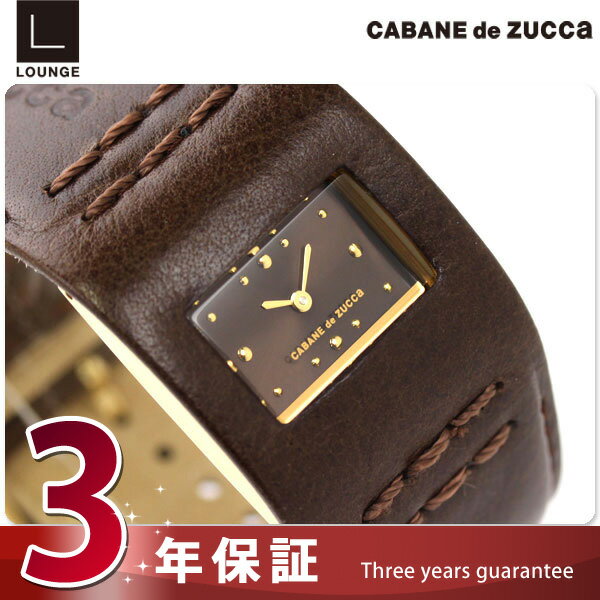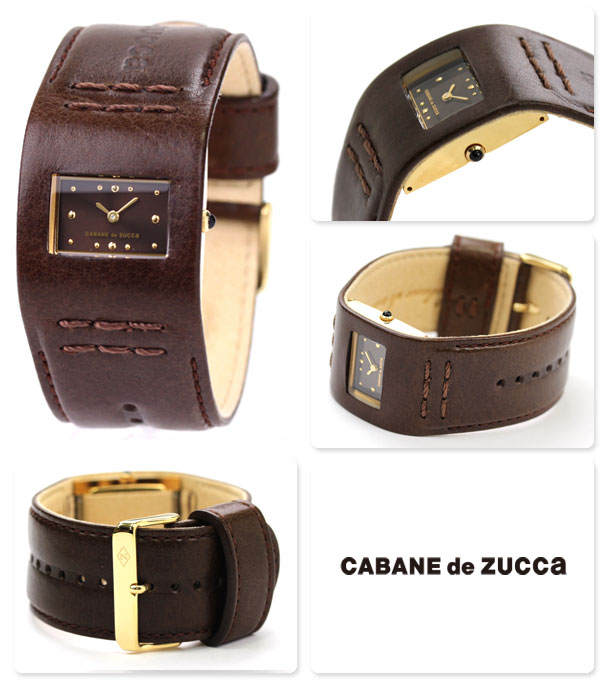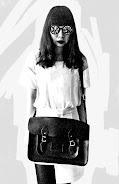 VNFOLD - ESPRIT DU TEMPS
VNFOLD - ESPRIT DU TEMPS
Sunday, May 30, 2010
VNFOLD ISSUE 02 - ESPRIT DU TEMPS from VNFOLD on Vimeo.
Video: Zahara Gallardo zaharagallardo.com
Music: David Terranova
Photographer: Julia Soler juliasoler.com
Fashin Stylist: Angela Esteban Librero aestebanlibrero.com
Art Direction/Props: Zahara Gallardo & Lucia Martinez
Model: Lauren Brown @ Elite Models NYC
Make up: Fumiaki Nakagawa for MAC cosmetics
Hair: Nelson Vercher for Redken / Rita Hazan salon NY
Photo assistant: Emma Hopson
Sylist Assistant: Carolyn Brennan
vnfold.com
 Valentino - Diane Birch
Valentino - Diane Birch
Wednesday, May 26, 2010
LABEL:
Diane Birch,
music,
video
Diane Birch - Valentino (Official Music Video) + Behind the screen
amazing!!!!!!!!!watch them together, how come it can be so perfect ...
 Karen Elson Sings "Cruel Summer"
Karen Elson Sings "Cruel Summer"
Tuesday, May 25, 2010
The model-turned-musician and wife of Jack White releases her album, The Ghost Who Walks, this week.
 Rei Kawakubo
Rei Kawakubo
Monday, May 24, 2010
LABEL:
editorials,
fashion,
ranya







All Clothes by Comme des Garcons spring/summer 2010 collection; Underwear by Spanx
Photography: Lina Scheynius
Styling: Cathy Edwards
Hair: Lyndell Mansfield at CLM using Bumble and Bumble
Make-up: Kelly Cornwell at Premier using Clarins
Models: Ranya and Karolin at Supreme
Styling assistants: Paul Wagenblast, Hollie Lacayo
Hair assistant: Roxane Attard
"The main pillar of my activity is making clothes, but this can never be the perfect and only vehicle of expression. I am always thinking of the total idea, and the context of everything. Fashion alone is so far from being the whole story. It seems that with fashion, as with art, things are getting easier in one sense, but at the same time it is getting harder to be stimulated about things or excite people. Without that impetus of creation, progress is not possible. All kinds of ways of expression are spreading out all over the place, information is overflowing, and it’s harder and harder to be excited about anything. In order to be stimulated or moved in the future, we probably have to go into space and look at our world from there.
What do I think is an unyielding spirit? It would be wonderful if everyone had it in equal measure. But it’s impossible. This defiant mentality can also be called the fight against absurdity and injustice and the power (authority) that thrives around it (that is rampant). One cannot fight the battle without freedom. I think the best way to fight that battle, which equals the unyielding spirit, is in the realm of creation. That’s exactly why freedom and the spirit of defiance is the source (fountainhead) of my energy."
Rei Kawakubo
http://www.anothermag.com/exclusives/rei-kawakubo
 The Future Of Fashion - An interview of Alber Elbaz
The Future Of Fashion - An interview of Alber Elbaz
Thursday, May 20, 2010
LABEL:
Alber Elbaz,
Lanvin

I’ve been asking everyone this question, but I’m particularly interested in your perspective as a designer. What role does a fashion show still play in delivering your message?
It’s almost like asking someone what is the role of a table if you want to serve dinner. Of course you can have some dinner in bed and you can have it also on a plate and just on the floor, but I think that when you put it on the table, it’s the most pragmatic. There are certain things that I guess are essential and this is one of them.
There’s been a lot of talk about doing shows on film, but it sounds like the live experience and a live audience are still very important to you.
Maybe I’m kind of an old fashioned guy, I don’t know. I think that if you want to pass emotion you have to write a letter. Emotions do not pass in SMS or in e-mail. I think that you have to be there, you have to feel it…I know that now with Facebook, some people tell me, “Oh, I have 700 friends.” Another person tells me, “I have 3,000 friends.” And I tell them I have only two friends. So now who has more friends? They do or I do? And how do you actually value it, by number or quality? I believe that we have to go forward and I believe that we have to go with change, but there are certain things that are beautiful to leave as they are. And fashion is not always about what’s new, it’s also about what’s good. And I think if you need to see what’s good, you have to be there.
Perhaps I shouldn’t have been, but I’ve been surprised by how passionate people are about this. Buyers, critics, designers, they all still feel that, despite the overscheduling, live fashion shows are important.
I think the problem is that we all feel we have too many of those. I think this is the major problem that we are all feeling and experiencing. And I always say that doing a collection is almost like writing a book or making a movie, and I don’t know any other industry that can produce six movies a year by the same director. That’s the thing. You cannot write six books a year. You cannot produce six movies. You can’t do six collections a year. And I think this is actually what is making fashion be the way it is today. I know a lot of people complain that there is not enough change and that fashion in the past was much more creative than today, and I think a big part of this phenomenon is that we don’t have the time to think, we don’t have the time to project, we don’t have the time to digest. I’m not talking about, like, “Oh, we need to travel for inspiration,” because I do in fact believe that the best traveling you do is from your couch while you eat potato chips. But I think we just need the time to think and to look at it again and to have another perspective.
When I go out sometimes to this kind of fashion event and I see other designers, I see that one of them has a pain in the back and the other one has a migraine and the third one is exhausted, because we are going through this process that is endless. And I think that today editors are feeling the same way, because they have to travel the world season after season and just see and write the reviews in a taxi where they don’t have the time to think about it. Whatever you see today is maybe not what you really feel tomorrow. You just have to see and shoot. And I think buyers are going through the same thing, because there was a time when they used to be staying also in the store, not just looking at computers and numbers. When you go to the doctor, you don’t want the doctor to look only at the computer, you want the doctor to look at you. And I think the buyers used to be also on the floor, looking at the customer, seeing the merchandise and how it works on the floor or doesn’t. And today they are just traveling from one collection to another, from a pre-collection in New York to a pre-collection in Paris, and it’s endless. And I do feel there is this kind of extreme fatigue that everyone is talking about and there is a need for a change.
I hear everything you’re saying, but do you really think it’s possible that there could be a change?
I think it’s possible. The only way it will be possible is if we all work together…Somehow if we do work together with the magazines and with the stores, we can make changes. I would be totally pessimistic if I did not believe in change. We are in an industry that is the industry of change. I mean, we are changing from season to season, but we cannot change the system? We cannot change the formula? No, I think we can. It’s a matter of time, it’s a matter of initiative and courage, for that one person to reunite all of us and say, you know what, let’s do it differently, let’s go back to enjoying fashion. Almost every designer I know says, “Alber, this is the only thing I know how to do.” I feel myself I’m pretty clumsy. I don’t know how to do computers. I don’t drive. If I didn’t know how to do fashion, I think I would be homeless. So the fact is that I do know how to do it and I do love it. I just want to enjoy it a little bit more.
What’s the balance between refining the signature of the house each season and doing something new? It seems to me there’s tremendous pressure now to do something completely new every time.
You know I [said to] my partner a few months ago, “I have a question.” He said, “What is it?” I said, “Do you think we’re still cool.” And he said, “Alber, we were never cool.” And you know what? I prefer being relevant to being cool, because if you’re cool, you’re also cold the next day. So it’s more about being relevant. The one thing that always scares me is to be like the Miss America of the moment, because next year there is a new Miss America.
You worked for Geoffrey Beene for a number of years. Could a designer like that, who worked a little bit outside the system, refining his signatures, exist today?
I think a good designer can exist everywhere and anywhere and all the time. It’s all about being good, and I think that our job basically is to make women and men look good. That’s all. It’s a job. I’m not coming in the morning and trying to be hype and cool and to go to parties to promote myself. If someone invites me to a party and I end up going, it’s not because I’m trying to do PR for my clothes. I want to go and enjoy myself and I want to have great food and I want to have good company. That’s what I’m looking for in those parties. I’m not looking for promotion for a dress because the dress can promote herself. So working also for all these years with Geoffrey Beene and working with Yves Saint Laurent, I had two of the best designers of the twentieth century that were my teachers, my mentors. And what I learned from both of them is that it’s not just about being cool, it’s about coming to work day after day. You come in the morning and you stay late at night and you come weekends and you work. You just come to work. It’s a job. It’s a major job to help men and women look beautiful.
The Yves Saint Laurent job didn’t end that happily for you, and you’ve been at other fashion houses before you had this wonderful run at Lanvin. Is there anything you’ve learned from your past experiences?
From every place or everything you do, you learn what to do and also you learn what not to do…I would not change anything if you would ask me. I would still go through the experience I went through. I learned a lot from it. I went through a certain experience that wasn’t easy, but guess what? Nothing is easy anyway, so I’m fine with that.
You’re very involved in fabric research, using new fabrics. Is that an area where developments in technology have made things more interesting than in the past?
When I started at Lanvin eight years ago, I remember going to Lyons and asking to see some of the fabrics, and I saw these amazing, amazing failles and duchesse satins, but they were very rigid…So I asked the owner if he could maybe stonewash them or do some different treatment to make them less [rigid], and he told me that I’m actually destroying his industry, that I’m not respecting the tradition. But at the same time he did take a few yards of fabric and made a try, and I made the piece. And a few months later, when he saw the order, he didn’t accuse me of destroying the industry; he was actually thanking me for keeping the industry alive.
By the same token some companies tell you, “Oh my God, this is such a modern fabric.” And I’m for modernity, I’m feeling more like someone who works in a laboratory than an atelier, so I say, “OK, let me see what a modern fabric is.” But if that modern fabric cannot be cut because the fabric is so nervous, if the fibers are so sharp that you cannot cut it and you have to sew a paper on every piece of fabric, this is not modern…The whole idea is to find this kind of harmony between newness and tradition, between yesterday and today. It’s not just about being modern and high-tech and going forward. In order to go forward you have to have some base, you have to come from somewhere.
You know, we do fabrics four times a year. We finish the show on Friday, and I am in the showroom on Saturday and Sunday, and Monday morning I start with the fabrics, because it takes the fabric manufacturer about two to three months to deliver. So in order for me to have them ready for my new pre-collection, I have to do it the day after the show. And you know what? The last thing I want to do the day after the show is to look at fabrics, but I have to do it.
Everyone I’ve spoken to says the designer has the hardest job.
I think so. And Miss America.
Presumably you have to have a successful accessories business to survive these days.
Definitely. But you have to have everything successful. You know, we are an independent company, so we’re not part of a group. We’re not in this luxury [conglomerate] where we can say, “Daddy, help us and move us forward.” We have to produce in order to have a salary for the people who work for us. This is the pressure I feel season after season when I sketch. When I have this one week I take to sketch, I sit in my apartment and I try to sketch, and all I think about is the people that are working there, that I have to do a good job in order for them to have a salary. And that’s a huge pressure, season after season. And in a way I think that a big part of my work is for the people who work with me. These are the people who are realizing my dream. These are the people who are there in good days and bad days. And I feel sometimes like a conductor with a troupe, but sometimes I feel like the pianist, and sometimes I’m also the piano. But this is what the designer’s life is all about.
You’re not shielded from the commercial side? You look at the sales figures.
I check the sales every morning, every morning, every morning. It’s not that I work on commission and I want to see how much I’m going to get tonight. It’s not about that. But I need to know if I’m doing something right. When I came back to fashion after thinking that I’m going to [give it up] after Saint Laurent, I decided at the time that I’m only going to work with people I love and I only want to do things I love. Because in my past, some of the pieces that I thought were the worst turned out to be the best sellers. And these are those moments that you ask yourself, “Are you losing it, Alber? Or is it bizarre that everything you hate is a best seller?” So I decided that I’m not going to do it anymore. I’m only going to do clothes that I love and I’m going to do that with people that I enjoy working with. And that changed in a way the strategy of my way of working at Lanvin. I worked it differently. I made it differently. And I think that for me commercial is not a bad word. Commercial is not the word that has to be said only by CEOs. It has to be something that is maybe the essence of design, because design has some sort of art in it and creation, but it’s also some object that you have to use. There is also this pragmatic end to it. It has be something that you kind of dream about but also think about, so in a way it has to come from your heart and your brain at the same time. You know, a dress without a zipper, even if it’s gorgeous, if there is no zip, you cannot get in.
Lanvin’s collaboration with [Swedish denim company] Acne was well received. Would you consider a collaboration with one of the fast-fashion retailers?
Not for the moment. I haven’t thought of it.
Is there anything luxury fashion can learn from fast fashion?
The interesting thing is that luxury houses, a lot of the time, are companies that have this heritage. And the high street companies are almost working like start-ups. The one thing I find quite fascinating is that in art, in music, all this, if you, God forbid, copy a line from a book or you use some sort of ideas from a video clip of a musician, you are going to be sued for the rest of your life. In fashion I have the feeling that everything goes, that everybody can take it and use it like it’s theirs. And sometimes I have to tell you that I sit and work in the studio days and nights and weekends on an idea, and then a week or a month or two months after the show I see it everywhere, and I don’t know if I have to be happy about it or sad. I guess I decided not to look and wear, like, thick sunglasses in purple and red, so when people ask me, did you see, I say I don’t speak English.
You don’t tweet or blog yourself. In general, have those new forms of expression affected fashion in a good or bad way?
I think it’s part of life. You cannot critique it. It’s not about me sitting here and complaining about things. It’s not. I see it and it’s great…It’s part of this generation. It’s almost like asking if all these reality shows like American Idol are good or bad. Of course there is a great element there. It brings the dream to a part of society that could never have it…At the same time, I feel that the star system is not the reality, so even if you call it a reality show, in a way it’s not at all the reality. Because it’s not overnight that you become a singer. It’s not overnight that you become a star fashion designer. It’s a lot of time, of devotion, of hard work. You know, you can buy silicone, you can buy plastic, you can buy surgery. The only thing you cannot buy is muscles, because in order to have muscles you have to work hard, devote your life to it. This is the one thing that people still cannot buy. I think also in our own métier, it’s not about finishing school and starting your own business, running to become the new thing. I think you have to give the time to learn, to understand, to do some work, and then you move forward.
Talking about instant successes, have you followed the rise of the fashion bloggers?
I have to tell you, I love bloggers. And I’m not telling you that because I’m [trying to] bribe them. Every morning I wake up and I see the blogs. There is something very innocent. There is something very honest. You can say, OK, they didn’t have the experience of seeing things. But again it’s another medium. That’s their opinion and it’s interesting to see how politically incorrect they are. Of course, when they say, “Oh my God, I love it,” I’m extremely happy. And when they say, “Oh my God, it’s a piece of shit,” I hate it…We are living in an instant society, so everything has to be quick and everything has to be big and everything has to be now. And I think this is also a reflection of society, so it’s not something that we can sit and judge and say, well, I think it’s right or I think it’s wrong. It’s the reflection, the mirror of our society, and [the same applies] to what we are doing. We are being accused that some models are anorexic, but we as fashion designers cannot be blamed, because you know, when I talk to women around the world, rich and poor and young and old and intellectual and not, what they want to be is skinny. You ask them, what is your dream? It’s to be skinny. That’s all they want, so this is something that’s happening in the world. And you know what? Me, as a designer that is not exactly skinny, all I want is comfortable clothes. All I want is beautiful. I mean, I like gray hair, I love wrinkles. But this is me. That’s why our logo is the mother and the daughter. I always feel that I have the ability or I have the luxury to design for younger and for older and for skinnier and less skinny. I feel more versatile about it.
Do you think that our obsession with beauty and celebrity might change?
I think it’s two different things. There is an obsession with beauty, and if there’s an obsession with beauty, I want to be there, because I’m obsessed with beauty, but beauty in my own eye…But now when you talk about celebrity, that’s another issue. I don’t know anyone who doesn’t read all those celebrity magazines on airplanes. I mean, everyone I know does that, so we’re all fascinated with that. It’s kind of like the dream of the twenty-first or the twentieth century…But there I have another issue. I feel that some celebrities think that because they are famous, they can do fashion. Imagine if I want to be now a dancer. Trust me, I can’t. I can’t jump. I can’t even limp from one point to another. I feel that there is this kind of confusion. Everybody wants to do everything, everybody needs to do everything, and everybody feels that he can. And I’m still feeling that a dancer should dance and a chef should cook and a singer should sing and a designer of clothes should do clothes. Because the moment we try to do everything for ourselves, we’re becoming very mediocre in what we do, and we don’t go to extremes and we don’t touch excellence. And I prefer to touch excellence.
How important is it for a celebrity to wear one of your dresses, from a business point of view?
Listen, it’s great. Also, it’s a very narcissistic issue. It’s almost like a good review. You wake up in the morning the day after the show, you’re half dead, and there is someone somewhere who likes your work, and you’re like, oh my God, so I’m not that bad. When you see a celebrity that looks good wearing your clothes? To tell you that it doesn’t affect me, I would be a liar. Of course it’s good, and when they look great, it’s fabulous, and when they don’t, then you want to kill yourself…But we never went into the system of celebrities, of turning it into a business and paying people to wear our clothes. I always told our PR department, don’t you ever call people and ask them to come. Let’s wait and see who wants to come to us.
All in all, are you feeling optimistic or pessimistic right now?
Definitely optimistic. Definitely optimistic. But maybe you caught me on a good evening. Maybe if you called me tomorrow I would tell you that, Dirk, it is the worst day, I am so pessimistic. There are days when I’m feeling very pessimistic, I have to be honest. There are good days and bad days. There are easy ones and there are difficult ones…I mean, it’s our choice to be pessimistic or optimistic, and I want to believe I can be optimistic in order to make a change and a positive one, rather than just sit here and nag and complain and get crazy. No, that’s not my story…I think changes are OK, changes are part of life. I think that things that are perfect are dead. I don’t believe in that sense in perfection, because whenever it’s perfect, it means that it’s not moving and it’s not going anywhere. The fact that you wake up the day after the show and you look at all you have done the day before and you’re like, oh my God, this was bad—this is the one thing that drives you to start a new day and to start all over again. Because if you think that it’s all great, you’ll be maybe in the Bahamas with a martini or whatever.
It’s very rare that you get a bad review.
Oh, don’t worry, Dirk, I get my share.
I have to ask you this. I’m sure you’ve seen all the rumors that you were taking over for Karl Lagerfeld at Chanel…
Oh, let’s not even go there. Let’s not even go there. It didn’t happen. It’s not happening. I mean, I respect Karl and I love his work and think he is doing a fabulous job, and I adore him as a person and as a designer. He’s there and I’m at Lanvin and this is it. You see, this is the bad thing about the newness, this kind of industry of rumors.
Fair enough. Is there anything we didn’t cover that you’d like to talk about?
Let’s talk about Barbara Walters.
worth to read once, a beautiful man with beautiful thought
http://www.style.com/stylefile/2010/05/the-future-of-fashion-part-six-alber-elbaz/
 unknown
unknown
Tuesday, May 18, 2010
LABEL:
freja

1st time to see this pic, tell me it's come from which magazine if u know
http://frejabehalove.tumblr.com/
 Military style
Military style
Saturday, May 15, 2010
LABEL:
editorials









Vogue March 2010
Modesl: Lily Donaldson, Isabeli Fontana, Liya Kebede, Sasha Pivovarova
Photographer: Mario Testino
http://ecstasy-lover.livejournal.com/288933.html#cutid1
 煩惱
煩惱
Thursday, May 13, 2010
LABEL:
life
人一生中總會遇上千奇百樣, 大大小小的煩惱
有些人比較樂觀, 所以煩惱似比別人少; 有些人較悲觀, 看上來便會愁上加愁
有人愛把一切掩飾; 有人卻需要找人傾訴
有些煩惱是自找, 有些能用錢解決, 有些可以用時間沖淡, 有些每天像鬧鐘般定時響起
煩惱各有不同, 面對的態度亦各有不同, 有時想別人明白自己, 但問問自己, 又明白別人多少?
當處身這個煩惱中, 我們有藉口去逃避別的煩惱, 也一下子把所有人當作透明, 這就是自私
而當自己能抽身出來, 想想別人的時候, 一下子又為自己加起重擔, 這樣做又何苦?
雖然各方面也有不順的地方, 但到頭來發現, 最大的煩惱莫過於自己的心魔
沮喪過後又裝堅強, 看化過後又再抱怨, 安慰別人過後又替自己哀傷
根本, 我活的並不是自己的生命
我只是一個被天使和魔鬼任意擺佈的軀殼
也許有人會說這什麼都不是, 這是精神分裂, 或是神經衰弱
但這種煩惱外的煩惱真的不是味兒
表面看來我永遠長不大 但自己深深感覺到有些東西已一去不返 例如再也不會想笑就笑 空閒就真的很空閒
有些人比較樂觀, 所以煩惱似比別人少; 有些人較悲觀, 看上來便會愁上加愁
有人愛把一切掩飾; 有人卻需要找人傾訴
有些煩惱是自找, 有些能用錢解決, 有些可以用時間沖淡, 有些每天像鬧鐘般定時響起
煩惱各有不同, 面對的態度亦各有不同, 有時想別人明白自己, 但問問自己, 又明白別人多少?
當處身這個煩惱中, 我們有藉口去逃避別的煩惱, 也一下子把所有人當作透明, 這就是自私
而當自己能抽身出來, 想想別人的時候, 一下子又為自己加起重擔, 這樣做又何苦?
雖然各方面也有不順的地方, 但到頭來發現, 最大的煩惱莫過於自己的心魔
沮喪過後又裝堅強, 看化過後又再抱怨, 安慰別人過後又替自己哀傷
根本, 我活的並不是自己的生命
我只是一個被天使和魔鬼任意擺佈的軀殼
也許有人會說這什麼都不是, 這是精神分裂, 或是神經衰弱
但這種煩惱外的煩惱真的不是味兒
表面看來我永遠長不大 但自己深深感覺到有些東西已一去不返 例如再也不會想笑就笑 空閒就真的很空閒
 Remember Now by Karl Lagerfeld
Remember Now by Karl Lagerfeld
Wednesday, May 12, 2010
a short movie for Chanel Cruise 2011
i have waited for so long ...Freja, Abbey, Heidi, Leigh ...
no expectation of the content ...just want to see the fab clothes and girls ...
 Look they have faces
Look they have faces
Saturday, May 08, 2010
LABEL:
fashion
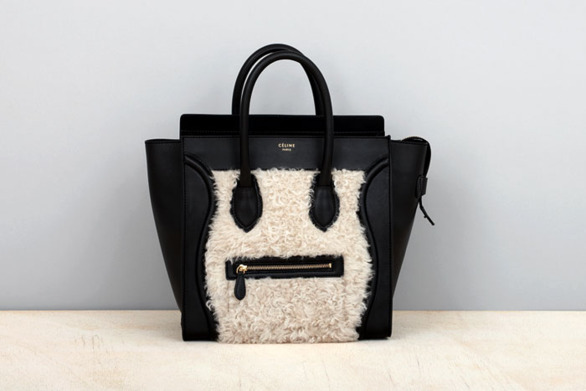
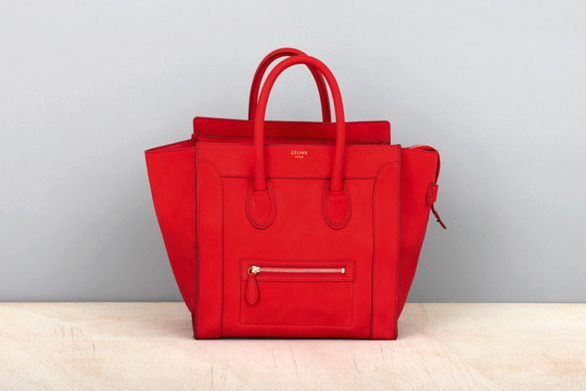
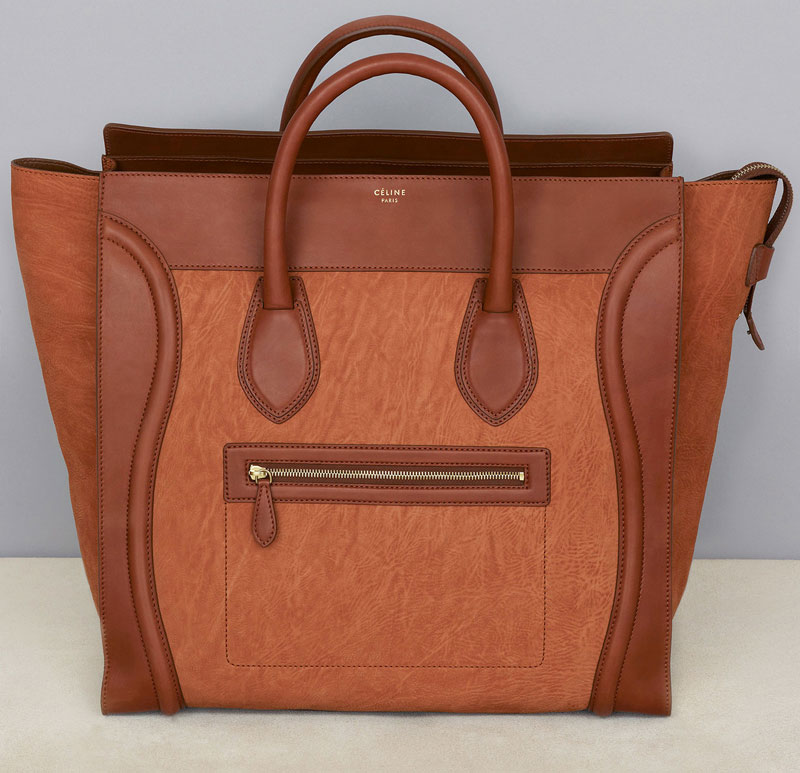
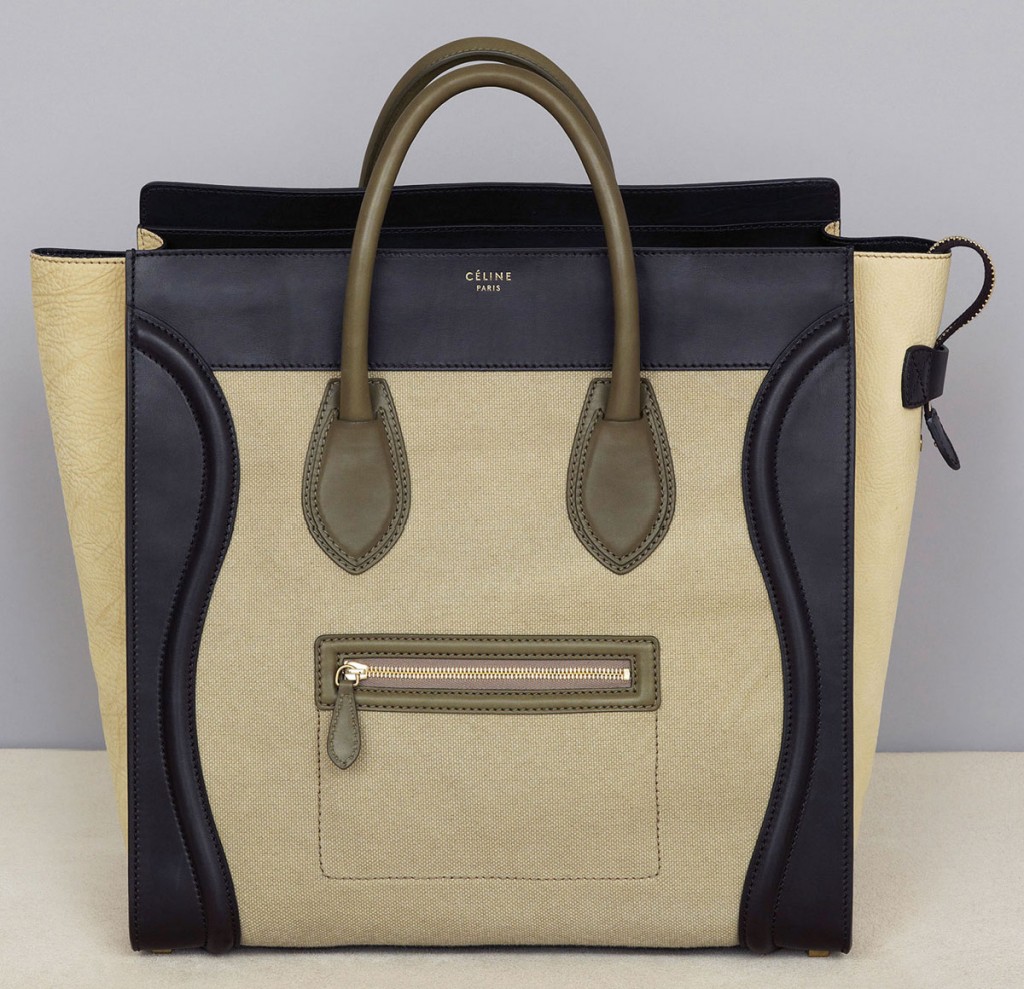

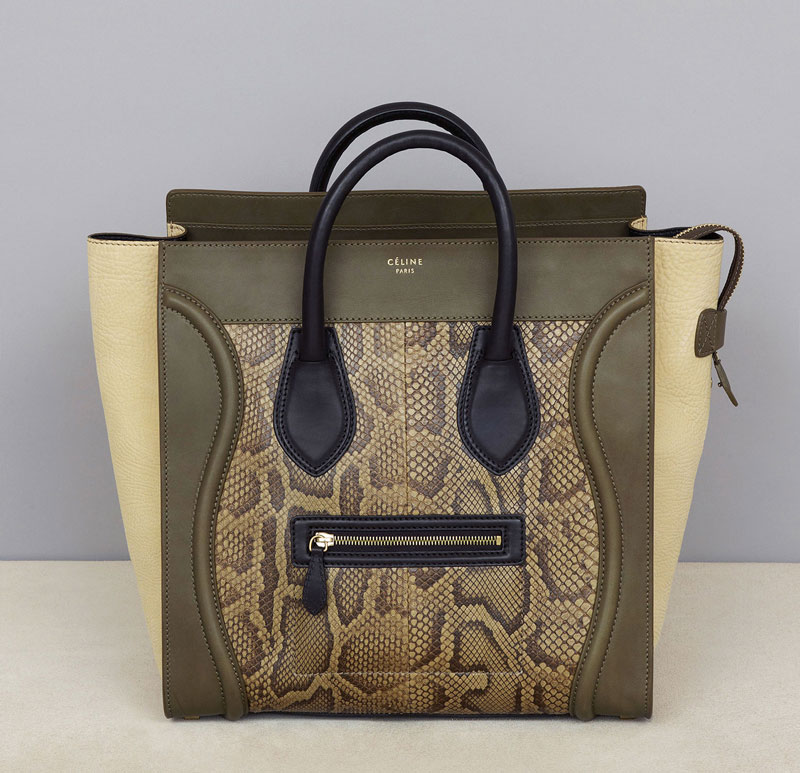
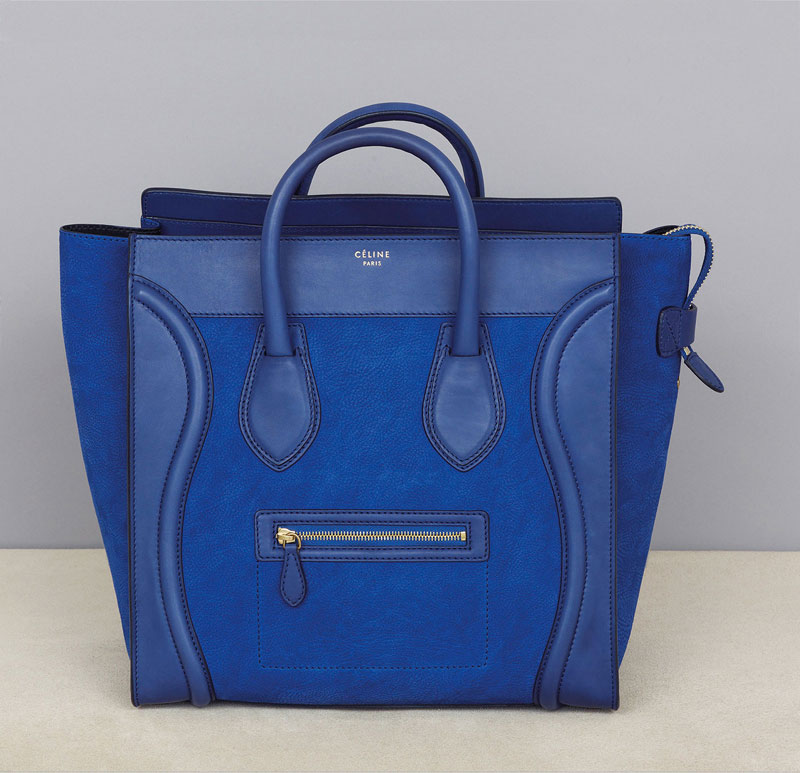
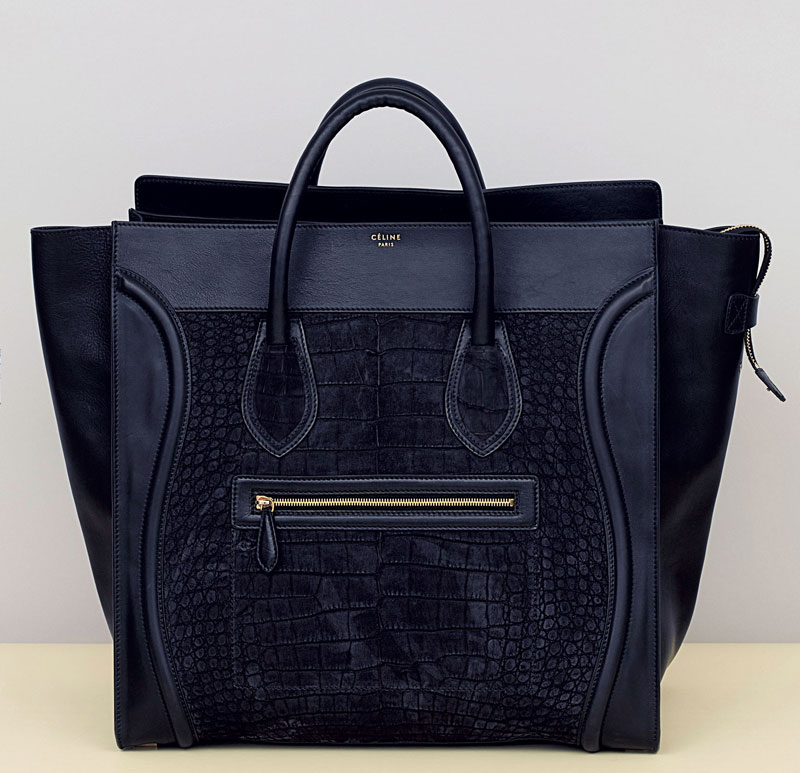
Celine Bag ss2010
wahahaha~so funny they are~
http://trendland.net/2010/05/05/celines-handbag-luggage-collection-for-ss-2010/
Subscribe to:
Posts (Atom)


